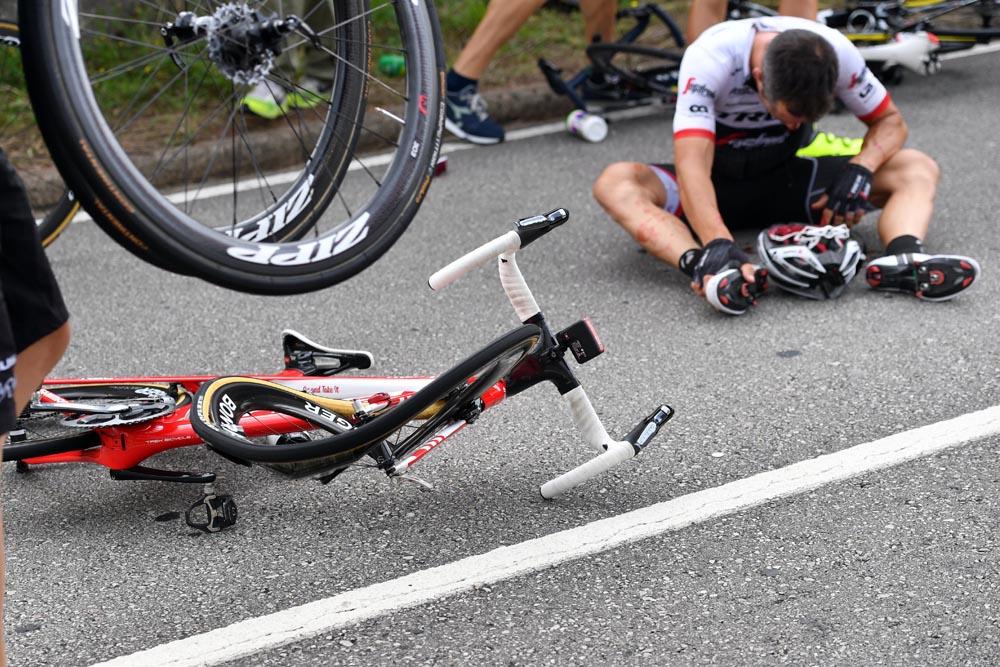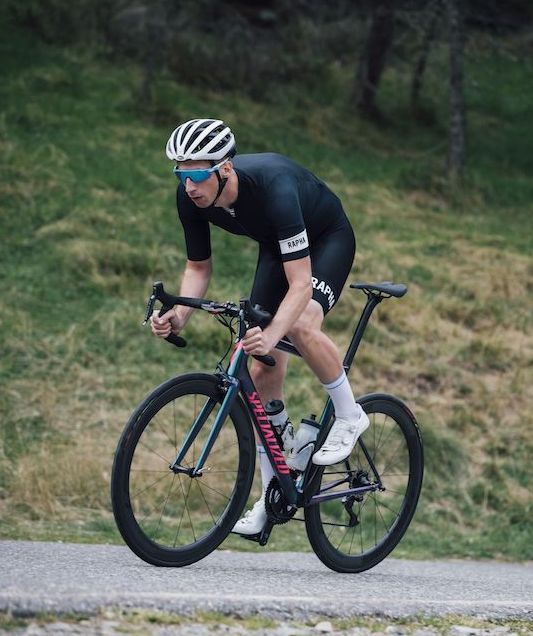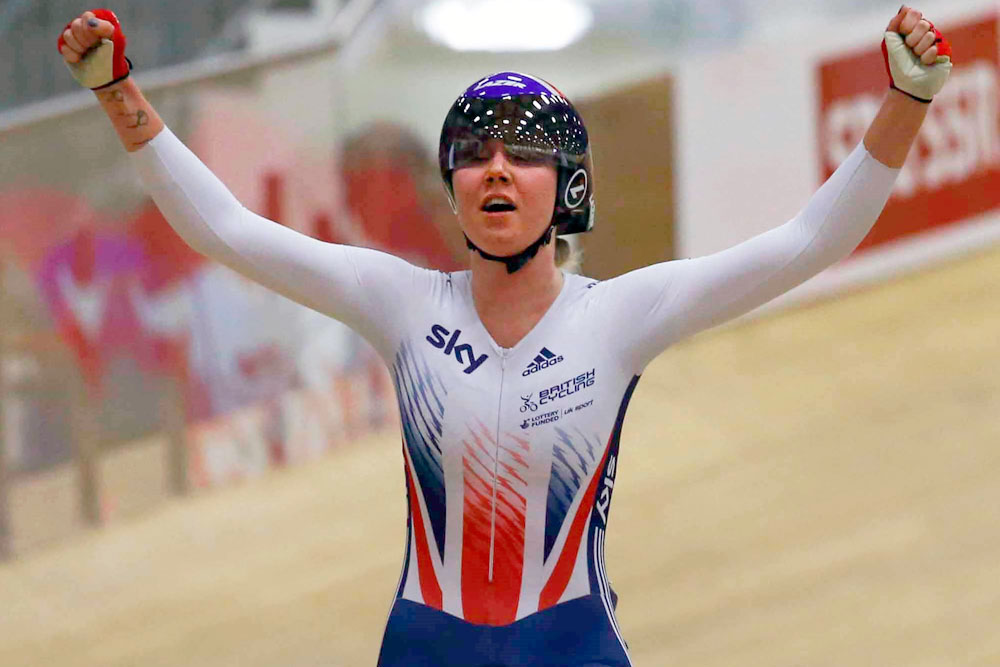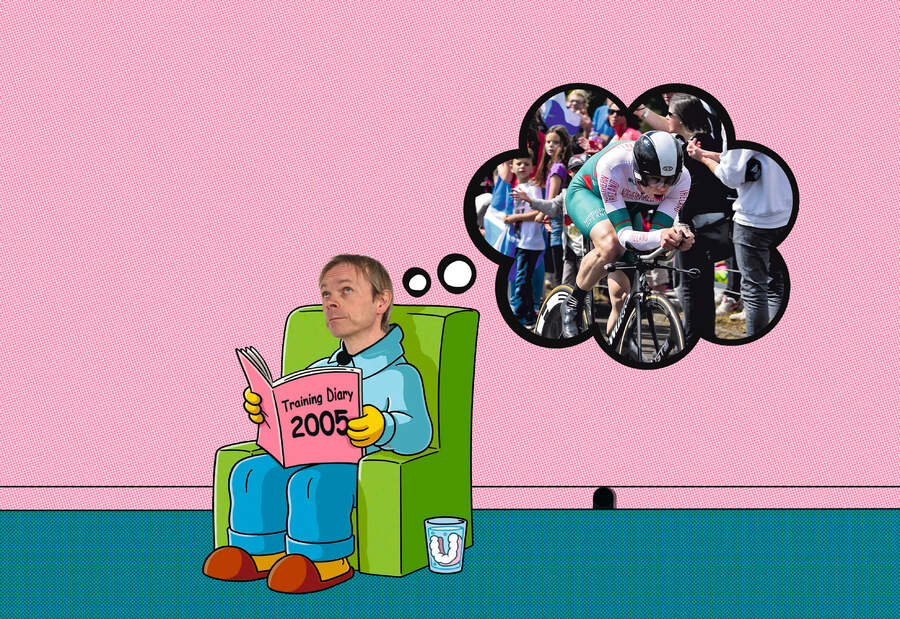How to successfully bounce back after a crash
Recovery from injury starts in the mind and deserves careful, considered planning. Words by Dr Josephine Perry

Markel Irizar after a crash on stage 10 of the 2016 Vuelta a Espana

For many of us, our first bike crash is a painful and frustrating rite of passage. Whether it happens on the road, trail or track, the mental ‘injuries’ can be harder to overcome than the physical ones.
Crashes can arouse new, unforeseen fears, making us over-cautious and liable to panic about missing training or racing while we physically recover.
>>> How to lose weight cycling: Six essential tips
One rider with expert insight into recovering from crashes is Olympic gold medallist Katie Archibald. The Team GB star recently had a dramatic crash 18 laps into the Madison at the Glasgow World Cup, fracturing her wrist — yet she still won. So how did she hold her nerve?
“It’s my profession, so yep, if my body allows it, I’m back on the bike straight away,” says Archibald.
“You’ve got to consider the long-term implications, though. There’s no point rushing back if it just delays recovery to a high level of training.”
Archibald makes a good point: after a crash, you need to consider your comeback in the context of your long-term goals and possible impact on all aspects of your life.
Get The Leadout Newsletter
The latest race content, interviews, features, reviews and expert buying guides, direct to your inbox!

Confidence is often the most noticeable casualty after a crash. Archibald says she rebuilds hers by getting back on the bike as soon as possible and confronting her demons: “I usually try to over-compensate by forcing myself into situations [in which] I feel uncomfortable.”
Archibald’s bold approach may be tough — the temptation is to hold back — but psychologically it makes sense. The most important thing, though, is to map out your recovery as you would other goals.
Research has found the more seriously an athlete takes their recovery, the quicker they heal.
So just as you listen to a coach about your training, heed your doctor or physio’s advice about your recovery and, like Archibald, be disciplined in your adherence to guidance: “I follow whatever advice I get and do whatever exercises are recommended.”
Essential points
- Don’t rush back. Give yourself time to recover.
- Be realistic about the psychological effect. If your confidence has taken a knock, confront the issue, don’t deny it.
- Follow your doctor’s or physio’s advice and implement a rehab plan to assist your return to full training.
- Reflect on the crash; learn from any errors you might have made.
- Don’t beat yourself up: even the best crash.
Key strength and conditioning tips
Do: listen to the advice you are given, and act on it. So many people pay for physio sessions, then don’t do the exercises they are set. You will only recover well if you take your recovery as seriously as you do your training.
Do: plan your recovery in the same way you plan your training. Just as you create specific goals and a training plan to have a successful race season, do the same for coming back after a crash and you’ll be back quicker and stronger.
Do: find ways to rebuild your confidence. Crashing can knock your confidence, even if you are usually mentally resilient, so rebuild it by spending time perfecting technical skills.
Do: reflect on your crash and the circumstances surrounding it to understand what may have caused it so you can avoid similar mishaps in the future.
Don’t: leave it too long before getting back on your bike once you have recovered. As Katie Archibald says, “The longer you put off getting back on, the more you’ll exaggerate the danger in your head.”
Don’t: beat yourself up about the crash. They happen to everyone, pros and amateurs. Learn from it, adapt your technique or tactics if necessary, and then get back out there.

Thank you for reading 20 articles this month* Join now for unlimited access
Enjoy your first month for just £1 / $1 / €1
*Read 5 free articles per month without a subscription

Join now for unlimited access
Try first month for just £1 / $1 / €1
Follow on Twitter: @richwindy
Richard is digital editor of Cycling Weekly. Joining the team in 2013, Richard became editor of the website in 2014 and coordinates site content and strategy, leading the news team in coverage of the world's biggest races and working with the tech editor to deliver comprehensive buying guides, reviews, and the latest product news.
An occasional racer, Richard spends most of his time preparing for long-distance touring rides these days, or getting out to the Surrey Hills on the weekend on his Specialized Tarmac SL6 (with an obligatory pub stop of course).
-
 The thing that bothers me most when I look back at old school training is that right now we’re doing something equivalently misguided
The thing that bothers me most when I look back at old school training is that right now we’re doing something equivalently misguidedOur columnist's old training diaries reveal old-school levels of lunacy
By Michael Hutchinson Published
-
 Aero bikes with gravel wheels?: Six tech insights from Paris-Roubaix Femmes
Aero bikes with gravel wheels?: Six tech insights from Paris-Roubaix FemmesEverything we found out about tyre widths, self-inflating systems, and wheel choices from the cobbled Monument
By Tom Davidson Published